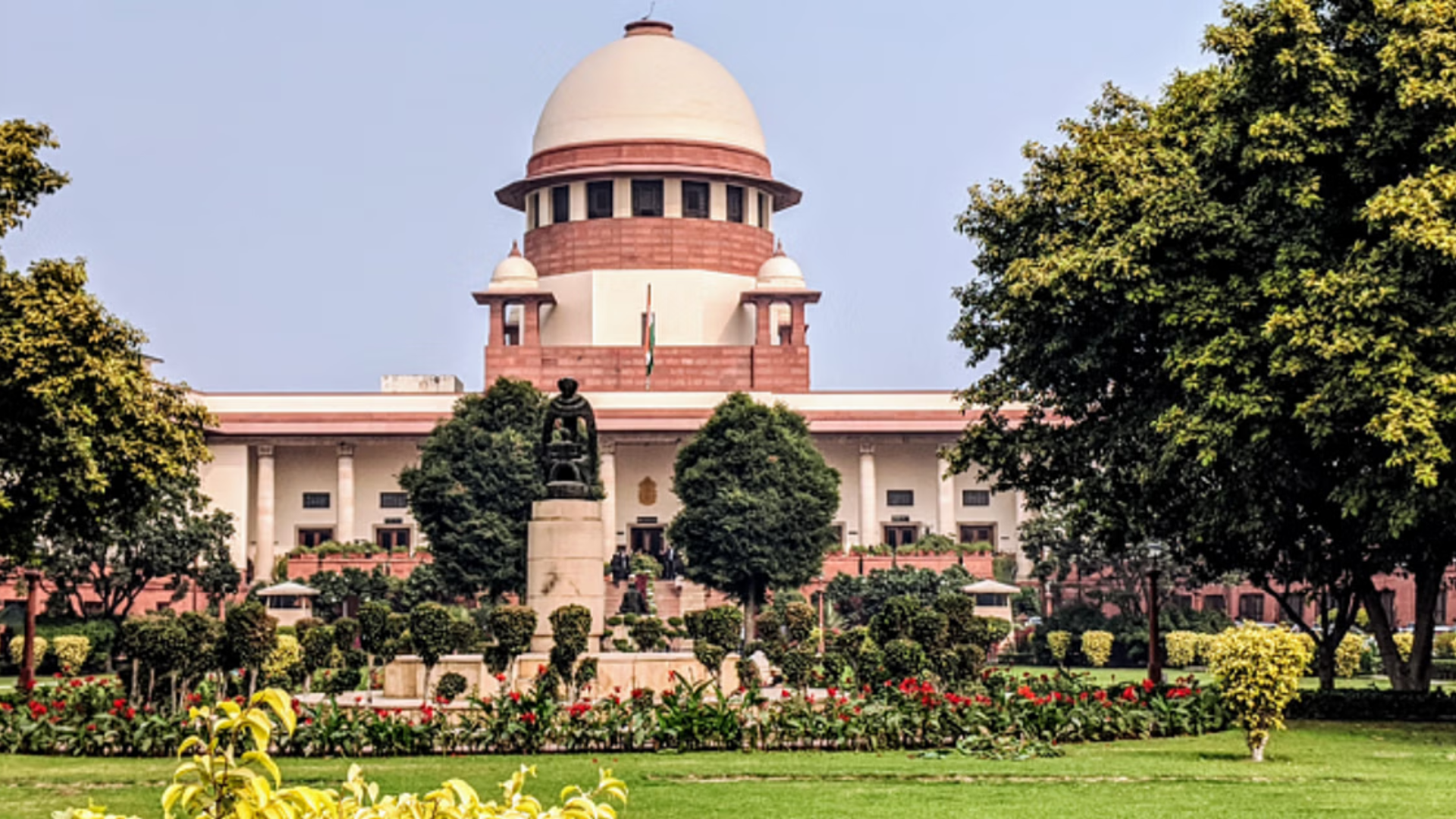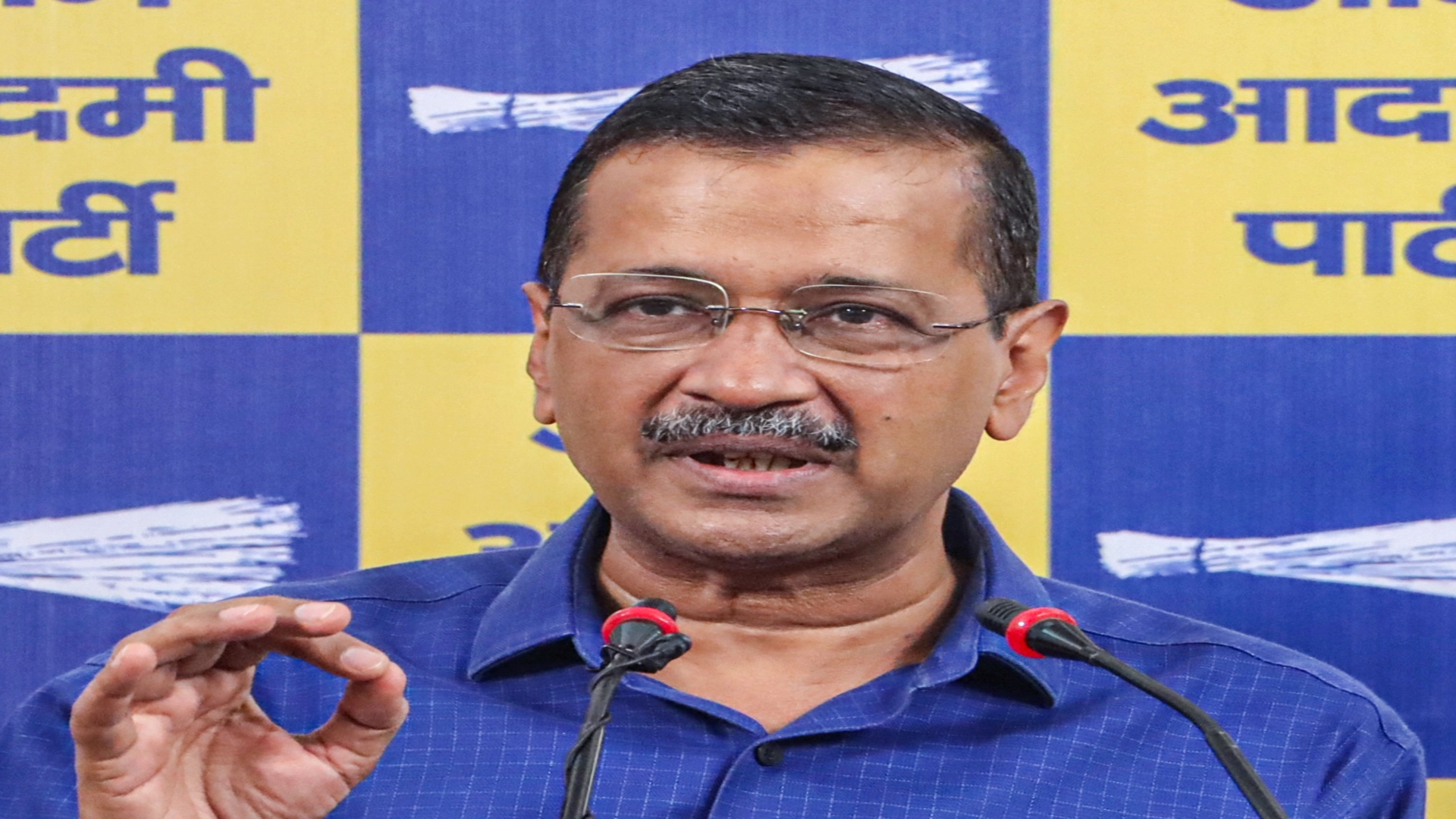
The Supreme Court ruled that the Enforcement Directorate (ED) cannot arrest an accused person after a special court has taken cognizance of the complaint.
According to Justices Abhay S. Oka and Ujjal Bhuyan, the ED must request for custody to the appropriate court, which will only grant custody if it is persuaded that detention for questioning is necessary.
The court emphasized that if an accused person appears for further inquiry into the same offence after being summons, the ED must petition to the Special Court for imprisonment. The accused was never placed under arrest pursuant to Section 19 of the Prevention of Money Laundering Act (PMLA), but the Supreme Court made it apparent that custody could only be approved in the event that it is determined that questioning under custody is required.
This ruling concerned whether an accused person under the PMLA must pass the demanding twin test in order to be granted bail, even in cases when the chargesheet is taken up by the special court.
In a money laundering case, Tarsem Lal, the petitioner, had challenged the Punjab and Haryana High Court’s December 2023 judgement that refused him anticipatory bail.
The accused who comes before the court in answer to a summons will not be required to seek for bail, the Supreme Court said in today’s order.
Senior Lawyer Siddharth Luthra argued on behalf of the petitioner that Section 19 of the PMLA prohibits arrests of anyone who is already named as an accused at the post-complaint stage without an arrest.
He clarified further that since the accused had not been arrested under Section 19 during the investigation, the Special Court would not be bound by the stringent requirements of Section 45(1)(ii) of the PMLA when considering their application for bail or bond, whether interim or final, when the accused appears in response to a summons or warrant.















